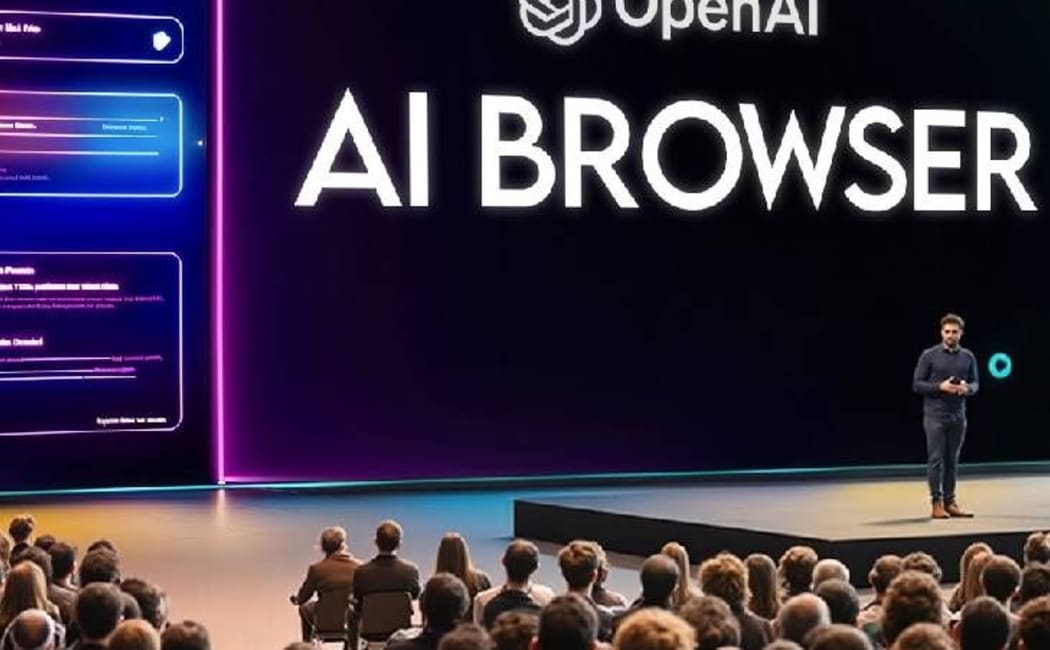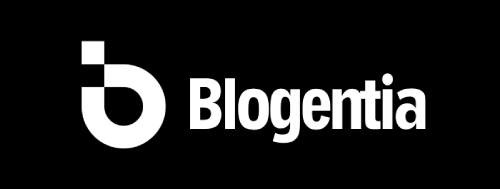OpenAI Launches ChatGPT Atlas — A Revolutionary AI Browser to Rival Google Chrome

OpenAI Launches ChatGPT Atlas — The AI Browser Aiming to Redefine Web Exploration
By Blogentia | Updated: October 22, 2025
In a bold move that could reshape the future of web browsing, OpenAI has introduced its brand-new AI-powered browser, ChatGPT Atlas. Designed to merge artificial intelligence with everyday browsing, Atlas represents a direct challenge to Google Chrome — the world’s leading web browser.
An Intelligent Browser Built Around AI
Unlike traditional browsers, ChatGPT Atlas places artificial intelligence at its core. When users open the browser, the first tab isn’t a homepage — it’s the ChatGPT assistant itself. Users can enter URLs, search for websites, or ask ChatGPT to navigate directly to them. Once on a webpage, the integrated “Ask ChatGPT” sidebar allows users to interact dynamically with the site’s content.
Whether it’s summarizing a long article, editing an online document, booking travel tickets, or reviewing a film’s details, Atlas transforms browsing into an intelligent, conversational experience. This seamless fusion of AI and web functionality makes it one of the most advanced AI browsers available today.
Deeper Integration and Smarter Automation
OpenAI has taken a major step toward full automation by integrating Agent Mode within the browser. This feature allows users to assign personalized tasks to ChatGPT, such as organizing schedules, responding to emails, or managing files — all without leaving the browser window. Initially, Agent Mode will be rolled out exclusively for Plus and Pro subscribers.
During the official announcement livestream, Sam Altman, CEO of OpenAI, stated: “AI gives us a once-in-a-decade opportunity to rethink what a browser can be and how people can use the web more productively and pleasantly. Tabs were great — but the future is conversational.”
Availability and Expansion Plans
Currently, ChatGPT Atlas is available for macOS users, with versions for Windows, Google Play, and the Apple App Store launching soon. The phased rollout strategy ensures stability and compatibility across platforms while gathering early user feedback to improve future updates.
The Battle for Browser Dominance
OpenAI’s decision to launch a dedicated browser reflects the company’s ambition to compete directly with Google’s massive ecosystem. With Google Chrome holding around 71% of the global browser market, breaking into the space is no small feat. Chrome’s deep integration with services like Gmail, Drive, and Maps has made it a dominant force on both desktop and mobile.
However, Chrome’s dominance has also sparked antitrust scrutiny in recent years, with the 2025 U.S. case nearly forcing Google to separate its browser operations. In that context, OpenAI’s Atlas browser could attract users looking for innovation, transparency, and privacy — areas where AI can offer a competitive edge.
A New Wave of AI-Driven Browsers
OpenAI isn’t the only player in this emerging market. Perplexity AI recently introduced its own browser, Comet, focusing on summarization and task assistance. Mozilla has added Perplexity as an optional search engine in Firefox, while Opera and The Browser Company are also integrating AI capabilities.
Meanwhile, Anthropic has rolled out a Chrome extension for its assistant, Claude, allowing users to perform real-time tasks directly from web pages. Meta AI and Elon Musk’s Grok are also expected to enter the browser space soon, making 2025 a pivotal year for AI browsing innovation.
Why ChatGPT Atlas Could Change Everything
Integrating ChatGPT directly into the browser changes how users interact with information. Instead of switching tabs, copying text, or performing manual searches, users can simply ask the browser to summarize, analyze, or complete tasks instantly. This approach doesn’t just make browsing faster — it makes it smarter and more intuitive.
With features like natural language search, AI task automation, and context-aware navigation, Atlas could signal the beginning of a new web era — one where the browser evolves from a passive tool into an active digital assistant.
Looking Ahead
Whether ChatGPT Atlas will dethrone Chrome remains uncertain, but one thing is clear: the era of AI browsers has begun. As AI continues to reshape technology, OpenAI’s latest innovation represents more than just another browser — it’s a vision of how humans and machines will explore the internet together.
For users seeking a faster, more intelligent, and deeply interactive web experience, ChatGPT Atlas might be the most exciting alternative to Chrome yet.
